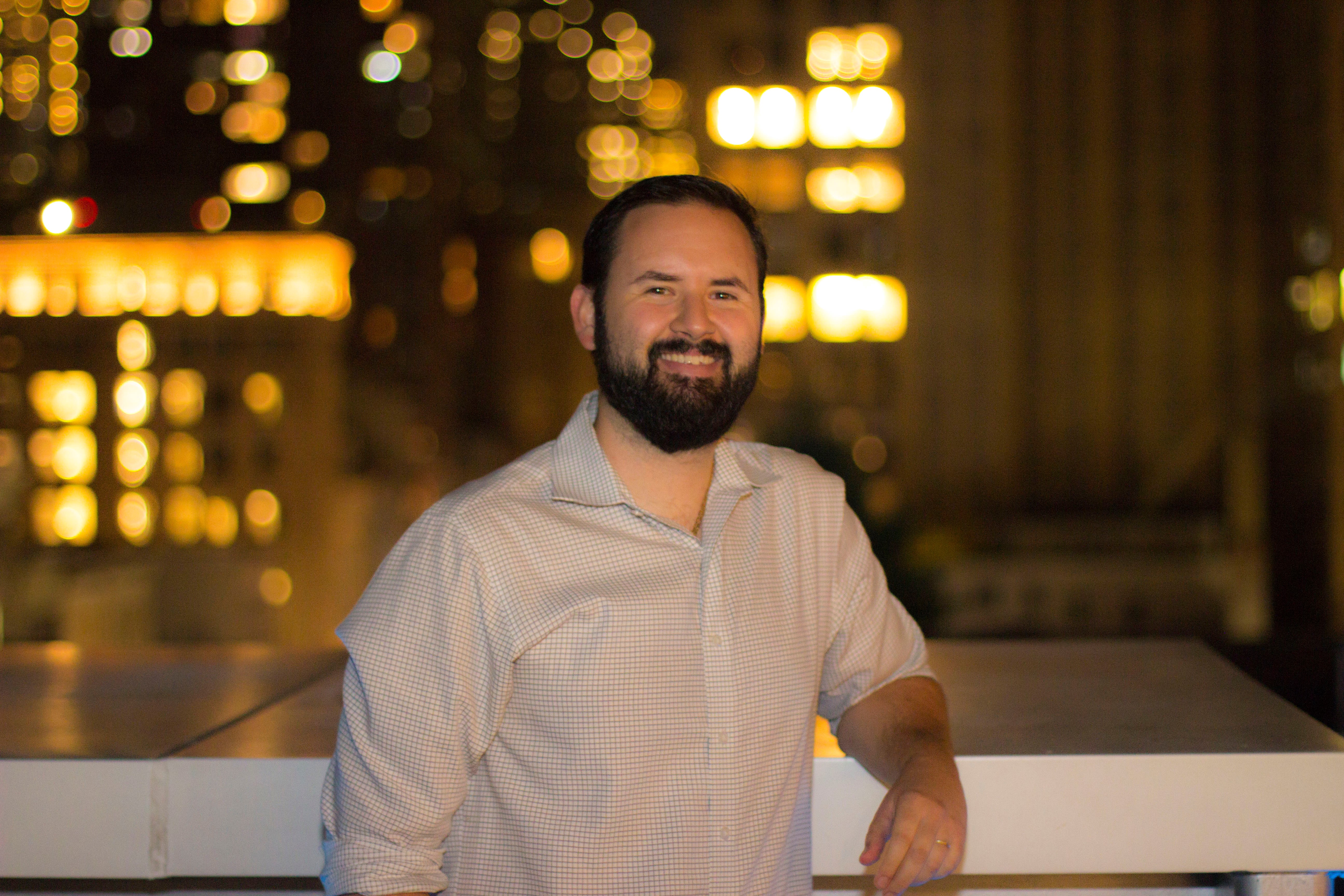Alex Yampolsky ’11, PharmD

What are you doing now?
Currently I’m a Pediatric Clinical Pharmacist at Elizabeth Seton Children's Center (ESCC). On the side I consult for some healthcare tech companies and sit on the Medical Advisory board of VeryWell Health. Prior to working at ESCC, I worked primarily as a community pharmacist. I got my start at Rite-Aid after graduation and eventually left to open an independent community and compounding pharmacy in Hoboken, NJ. After the sale of my store, I ensured consistent employment by picking up hours at other independent pharmacies in the New York City area. This allowed me to prevent gaps in my resume while looking for clinical positions. This experience also allowed me to build a network of pharmacy owners I keep in touch with to this day. I now live in New York City with my wife and young daughter.
What excites you about your work?
In my clinical role, I am able to really get to know each patient on an individual level, which is the most exciting and rewarding part of what I do. The facility has 169 beds, and most of our patients are here for long-term or palliative care. I feel like a valued member of a multidisciplinary team, and know that my colleagues rely on my expertise daily as we work to care for our patients day to day needs. At the same time, I enjoy the challenges of my consulting work, which give me opportunities to flex different mental muscles. Through consulting I get to tackle large systemic problems like pharmacist’s scope of practice, applications of automation on healthcare and the implications of a global pandemic on the practice of pharmacy. My consulting work offers me opportunities to be creative in ways that my clinical role does not and I appreciate that I have both of these opportunities to add color and diversity to my day.
Would your younger self be excited or inspired by your work?
I never would have guessed I could end up where I am today. When I was in pharmacy school I didn’t have a concept of either Pediatric Long Term Care or Health Tech. I applied to pharmacy school at my mom’s suggestion, and when I got in early decision I figured “great that’s one thing decided.” At the time I was in high school and my perspective on life was (and to some degree still is) very go with the flow. It wasn’t until after graduation that I really began to think about what my place was in this profession.
There were several crystalizing moments that really put the practice of pharmacy into perspective. The first and most formative experience came through owning my own store with a partner. It was through that set of experiences that I began to see what pharmacy really meant to me, how the profession was changing and what hurdles needed to be overcome. It was the creative problem solving associated with building something new enabled me change settings and build out a career firmly rooted in what I am passionate about.
How has the profession changed since you graduated?
There have been so many changes within the pharmacy profession in the last 11 years, and not all of it has been good for pharmacists. I think the pandemic has accelerated much of what was already in motion. It is important to remember though that not all change is bad—yes, there is increased pressure on pharmacists, and yes the expectations keep piling up while profit margins have shrunk or remained stagnant. These conditions make it particularly hard on community pharmacists (many of whom are my friends and classmates) who have essentially been some of the most underappreciated clinical professionals forced to work in demanding conditions; but I also think that there are opportunities that come with this change. The expansion of the pharmacist’s scope of practice has already begun to take root. Pediatric vaccines are now administered at the community level. This would have been unheard of in the pre-pandemic world. Stores are finding new models to generate revenue whether it be a cost plus cash option for medications (cutting PBMs out of the business model), offering test and treat right in store or establishing collaborative practice agreements with local providers to close gaps in therapy. I am personally thankful for these opportunities if only because I get to participate in moving them forward in a very real and tangible way.
What gives you hope for the profession?
Pharmacists continue to be the most trusted healthcare professionals—we are trusted not only by our patients, but also by our colleagues within the profession and without. I think that we can pair that with the expanding scope of practice to positively shape our future. I would love to see pharmacists have greater capacity prescribe medications and treatments. I believe that pharmacists are uniquely positioned to help those who most need easy and regular access to basic healthcare. I would love to see stronger relationships between pharmacists and community prescribers with an interdisciplinary partnership in the community that more closely mirrors what we see in the most clinical settings.
What advice would you give to your younger self?
Pharmacy can take you anywhere. The skills you learn in the classroom and especially on rotations will help you learn how to work with and relate to other people. That is indispensable.
Never assume that you’re done learning. There’s always somewhere else to go and something else to learn.
Keep your eyes open for the things you are interested in and learn to find what you are passionate about. (Sometimes that’s easier said than done!)

